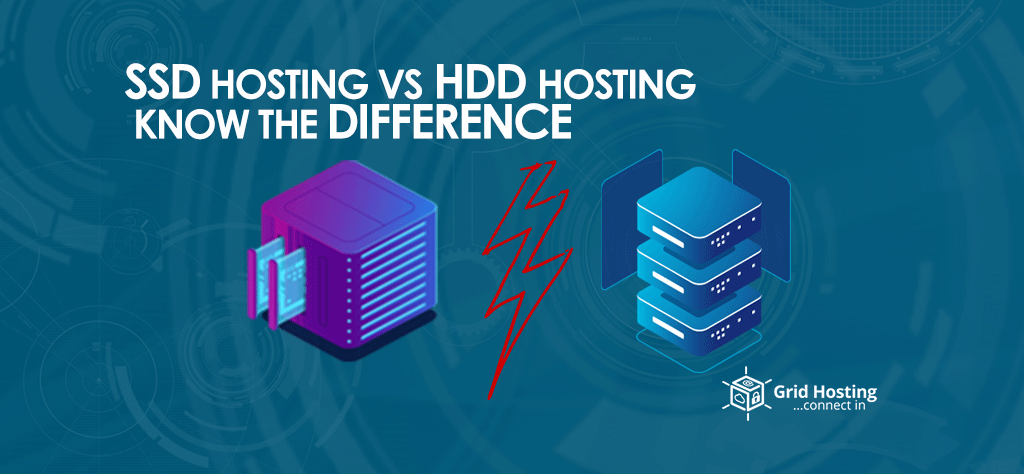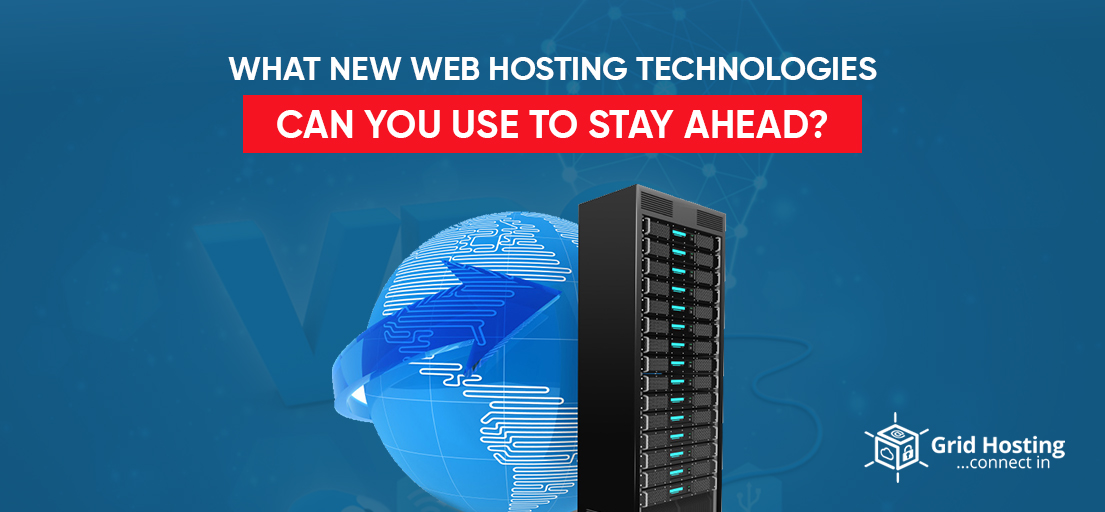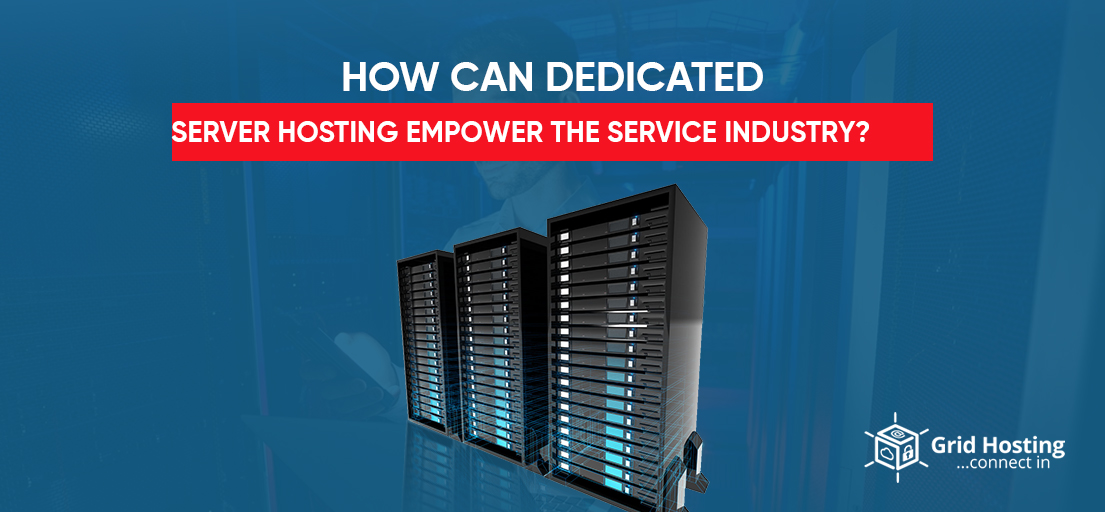There was a time when HDDs (hard disk drives) were the only option for data storage. However, the invention of SSDs (solid state drives) transformed the way hosting providers store data. These days’ web servers are using SSD for increased performance and efficiency. Whereas the hosting providers still offer HDD and SSD hosting.
Which might raise several questions in your mind such as SSD Hosting Vs HDD Hosting which one is better? What should I choose? Why should I shift from HDD to SSD etc.? There is no need to worry as we have brought a head-to-head comparison between SSD hosting vs HDD hosting to make things easy for you.
Basics
It is not easy to figure out whether a hosting provider is using HDD or SSD storage. Moreover, they often do not reveal whether their offered hosting plans are SSD-based or HDD based. While a solid state drive runs faster than HDD. They might prefer using it to improve the customer experience.
When it comes to the price HDD is available at cost-effective rates. Whereas, you have to spend some amount for HDD. On the other hand, if your aim is to improve the performance SSD wins the race.
Below we are going to make a performance-based comparison of HDD VS SSD hosting.
Before getting straight to the comparison let’s know more about a hard disk drive and solid-state drive.
HDD VS SSD
hard disk drive
An HDD is an invention in the early 1950s when a magnetic-based storage drive was introduced. The information on the HDD goes on a disk and wheel that spins. There is a sensor with every single drive also known as a drive head that moves with the disk to search the data. The purpose of the head is to read the complete information and transfer it to the computer.
HDDs differ in their speeds which rely on the rotation and a bus that connects the hard drive with the motherboard. Apart from HDD, there was another storage device known as floppy. Along with data storage floppy was used to transfer the information as well. Over time, the technology has evolved the storage capacity of hard disk drives and one can store 1TB of data in a single magnetic device.
Solid State Drive
A modern-day storage device that saw the light back in 2009. An SSD does not have moving parts for data storage like HDD. They come with memory chips to store information. You might wonder if the magnetic storage mechanism is suitable for data safety. However, memory chips offer a lasting performance along with productivity. Additionally, the amount of time an SSD drive uses to locate the data is very less compared to a hard disk drive.
The SSD drive can locate data in seconds while an HDD takes almost 10 minutes. It is because there are no spinning parts in the SDD but ICs (integrated circuits). Another important difference we must know is that SSD responds 20 times faster than hard drives.
You Might Also Like to Read: How to Install a Desktop Environment (GUI) on My Ubuntu VPS?
The Differences
At the time of the SSD launch, the price was relatively high even solid-state drives have a lower storage capacity were expensive. Therefore, only huge organizations could opt for solid-state drive-based hosting. It was because servers were purchased in cycles and hosting providers used to replace servers after years. Therefore, they were reluctant to shift to SSD hosting.
With the passage of time, there was a decline in SSD prices. The prices dropped as customers started demanding faster performance which led to an increase in the supply of SSDs. When the prices dropped people started moving from SSD to HDD-based hosting.
Although hard disk drives are still available at affordable prices offering tons of storage capacity. Whereas, solid state drives are all over the hosting industry offering enhanced speed and smooth performance to the users.
On the other hand, if we see the reliability factor hard drives have a shorter life span. However, the hosting providers often have a backup plan to make sure there will be no interruption in the service. Though hard drives are available at cheap prices the backup plans might require some cost which erodes the cost
Effectiveness of the HDDs. However, if you require to store data offsite there is nothing best than a hard disk drive.
SDD is reliable but not faultless
As we all know the SSD has a faster response rate as compared to the HDDs which means there are fewer chances an SSD could face mechanical failure. Whereas there is a problem with solid-state drives, there can be miss writes if a particular sector is read into repeatedly. The issue is often known as electron tunneling, there is no need to worry as the problem can be fixed by the firmware.
Benchmarks
Another way of comparing the HDD vs SSD hosting is through benchmarks. According to multiple studies, the failure rate of hard disk drives is 3.5/100. While the failure rate of the SSD is 0.5/100 which means there is a huge difference.
The main reason for such a massive failure rate is RAID (redundant array of independent disks) storage has become a necessity with the passage of time. With Raid, the entire data is reflective around the drives which means if any single drive fails the data will be safe and one can build a new drive as well.
Compensation for device
It is evident that hosting providers use RAID on machines to ensure the security of customer information if any drive fails. However, the organization has to pay a huge cost for RAID implementation when its data centers are available around the country and data is stored offline.
Here the customer does not need to worry about retail RAID hosting plans as the service provider will take care of that.
Impact of speed on hosting
Speed is the promising factor when we compare SDD vs HDD hosting. The reasons your hosting should have an SSD is the huge transaction volume and immense requests initiated by web hosting However, from a practical point of view, only websites that face loads or where hosts try to pack a lot of websites into a shared hosting environment. Here the site owners have to face problems in case they opt for the web hosting service where the provider uses HDD for storage needs. As a result, their sites will get a lower speed and the audience will face disruptions in services.
Eliminating the speed issues
The service providers know how to get rid of speed problems they also solve things to allow continued use of the hard drives. This results in cutting the costs linked with web hosting services. For instance, a host can store the important information of its customer on a solid-state drive and use a hard disk drive to serve the media files at the same time.
Another option to mitigate the slow speed issue is the use of a catching-based reverse proxy. It allows the host to balance the immense load and reduce the burden of a single drive. Additionally, the service provider can take care of the demand with several copies of the same website running. The load balancing enables audience traffic to go to the machines with a lesser load so the servers can offer a seamless user experience.
Power Utilization
Web servers require huge power because of data storage and organizations spend billions of dollars for information storage only. Solid-state drives require less power to operate for that reason they are also environmentally friendly. As a solid state drive consumes less power which means reduced electricity that results in saving a lot of money.
According to the surveys SSD uses only 0.38w when it is doing nothing and 0.68w while being operational. On the other hand, a hard drive needs 15% more power than SSD while it remains idle. Although it is not a huge difference bet makes a huge difference when the organization has multiple servers.
For Special discounts and offers, visit our official Facebook Page.







